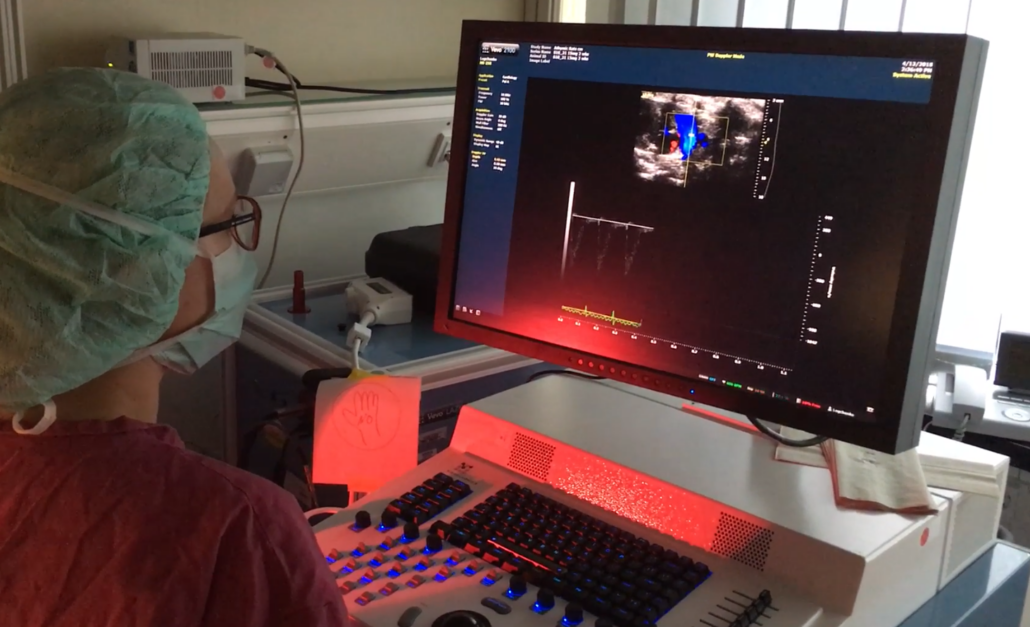
Diabetes drug reverses PAH
A new study shows that a drug approved for the treatment of diabetes reverses pulmonary arterial hypertension (PAH) and prevents right heart failure in rats. Ekaterina Legchenko and colleagues say their findings could lead to new therapies for PAH and other chronic heart and lung conditions.
During pulmonary hypertension, maladaptive right ventricular hypertrophy, altered mitochondrial metabolism, and occlusive pulmonary vascular remodeling can ultimately lead the obstruction of small arteries ending in right ventricular heart failure. RV heart failure leads to death in 25 to 50% of patients within 5 years of diagnosis with PAH, highlighting a need to develop new treatments for the condition
Here, Legchenko and colleagues from the Hansmann lab at Hannover Medical School, Germany, showed that activation of the peroxisome proliferator-activated receptor gamma (PPARgamma) – a receptor that regulates metabolism in muscle and several organs, via pioglitazone treatment protects against heart failure in the Sugen hypoxia rat model of pulmonary arterial hypertension. They evaluated mice with heart cells deficient in PPARgamma, and observed that the rodents exhibited a high degree of heart dysfunction compared to control animals. Notably, the authors found that administering pioglitazone (a diabetes medication that activates PPARgamma) alleviated RV failure in rat models of human PAH.
Tissue samples from patients with PAH revealed they had genetic and metabolic changes in lung tissue and blood vessels that was closely mirrored in the rodent model of PAH. The authors call for conducting timely Phase I studies with pioglitazone and other drugs that activate PPARgamma in PAH patients.



 adobe.stock.com - ipopba
adobe.stock.com - ipopba BioDlink
BioDlink